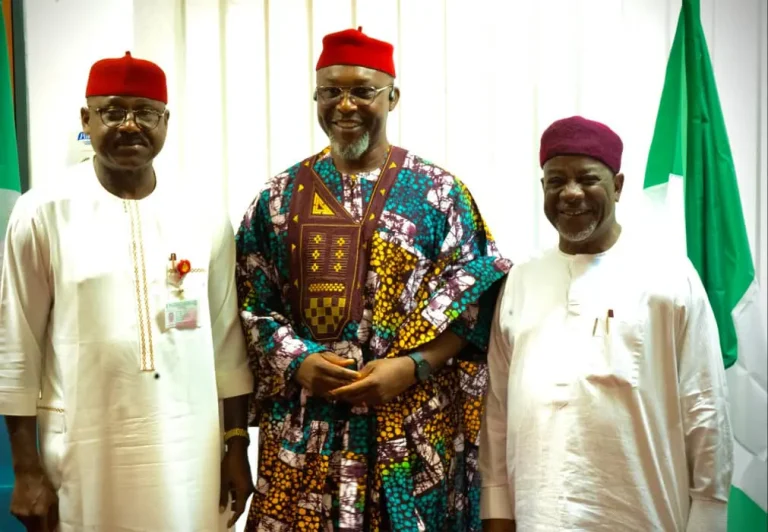Former Aviation Minister, Osita Chidoka has called on lawmakers to prioritise increased funding for cancer care in Nigeria’s 2025 budget.
During a visit on Friday, January 17, to the Senate Committee on Health, chaired by Senator Ipalibo Harry Banigo, and the House of Representatives Committee on Special Healthcare, Chidoka presented a robust advocacy plan to tackle Nigeria’s cancer crisis during the committees’ budget defence.
Chidoka also engaged other lawmakers on the cause, including Tony Nwoye, Adams Oshiomhole, Kenneth Eze, Uche Okonkwo and Abel Gwamna, amongst others.
The former minister highlighted the urgent need to transition the Cancer Health Fund, CHF into a sustainable Catastrophic Health Insurance Fund, CHIF, which will cover cancer, sickle cell and renal disease with an initial allocation of ₦25 billion.
Additionally, he urged the legislators to prioritise the completion and upgrading of six Cancer Centres of Excellence, by covering the ₦97 billion funding gap in the 2025 budget.
During the visit, Chidoka stressed the devastating impact of inadequate cancer funding, noting that over 124,000 Nigerians are diagnosed with the disease annually, with many unable to access life-saving treatment.
“Cancer treatment must be accessible to all Nigerians, regardless of their location or resources, our lawmakers must act decisively to save lives by investing in sustainable and equitable cancer care.
”Every year, over 124,000 Nigerians are diagnosed with cancer, yet limited infrastructure and insufficient funding mean that only a small fraction of patients receive the treatment they need.
”Alarmingly, over $2 billion is spent annually on medical tourism, with cancer treatment accounting for the largest share. This is both unsustainable and inequitable.
Chidoka emphasised that proper funding for cancer care would not only save countless lives but also reduce Nigeria’s dependence on medical tourism.
“We cannot continue to watch Nigerians lose their lives due to lack of access to treatment. Cancer is a national emergency, and the time to act is now,” Chief Chidoka stated.
